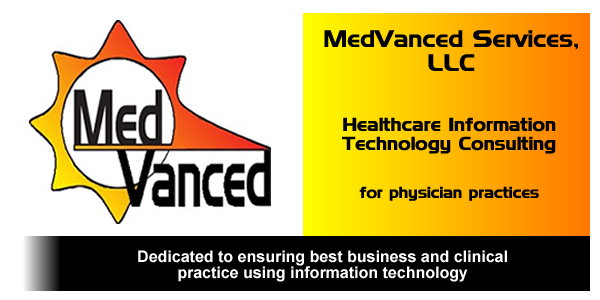However, a significant business justification can be made for most practices and it’s important not to cut corners with cost because you could end up trading quality for a cheaper price. Yes, the upfront costs can be hefty, but a cost analysis projecting 3, 4, 5 years ahead will show how technology lowers costs. Consider this:
Financial
An EMR will replace your current documentation system (dictation, voice recognition, etc.). Therefore, you will immediately save money by eliminating your current documentation process.
By using technology, you will decrease your use of paper, postage, & printer ink, an additional cost savings.
With a quality PM & EMR system and effective implementation with doctors entering information real-time, billing is a more efficient process, often with a decrease in billing errors. This often results in a reduction in billing staff, an additional cost saving.
Many EMRS & PM systems provide high quality error checking capabilities, reducing medical errors, and increasing reimbursement.
Productivity
By utilizing electronic billing, payments are received in half the time of paper claims, creating a more efficient billing and accounts receivable process.
Office workflow can be altered to implement more efficient procedures & eliminate duplicate work and redundant processes, thus increasing office staff productivity.
The reliability and ease of use of EMRs & PM systems will also increase staff productivity. When information in a chart is needed, staff members can search for that information at their desk on their computer, while still being available to answer phones and interact with patients. This is a much better scenario than having to send a staff member away from their desk & other job responsibilities to search for the information in a file cabinet.
Patient Care
Many EMRs will help guide the physician based on the symptoms of possible diagnoses & treatment methods, increasing the quality of patient care.
With a more efficient office, the average patient wait time can decrease significantly, increasing overall patient satisfaction.
While the business justification to implement an EMR will vary practice to practice, these main benefits will affect a majority of practices to varying degrees. It is important to know and understand how these factors play a role in your practices EMR implementation to maximize the return on your investment.

No comments:
Post a Comment